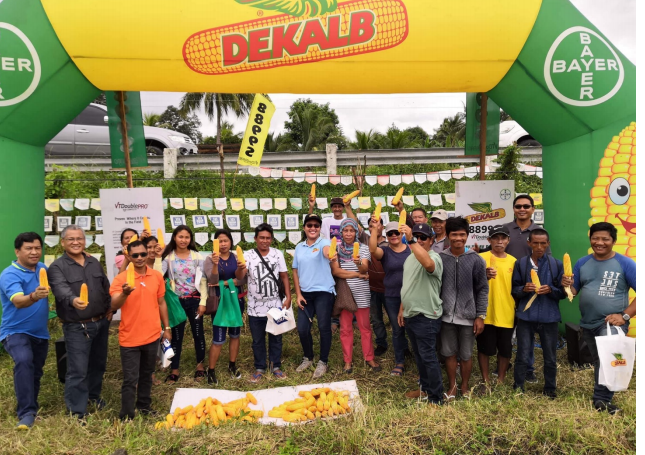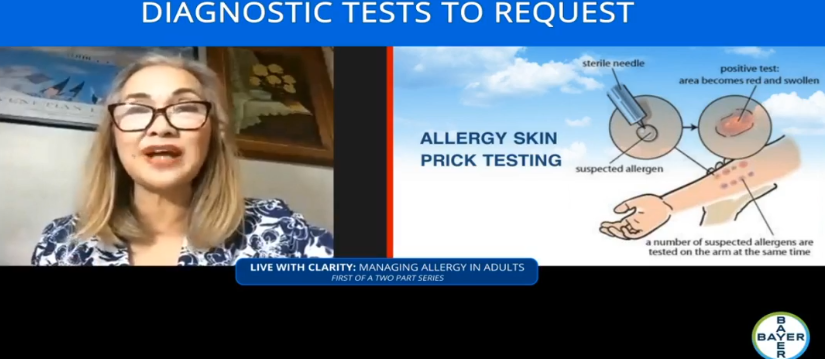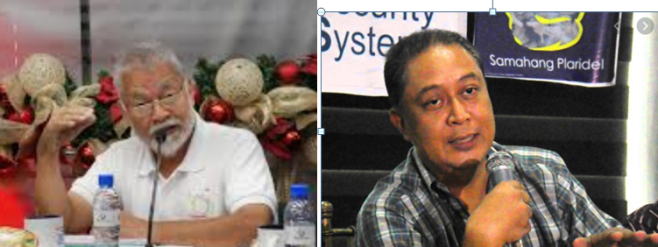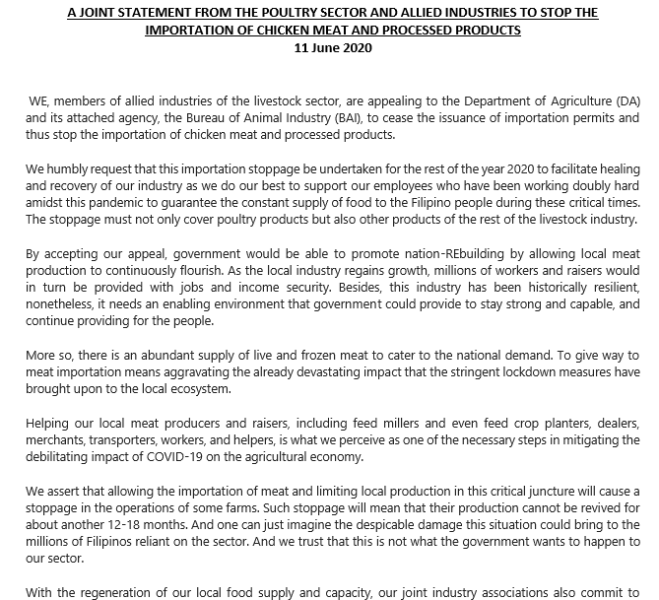June 24, 2020
The private sector has elevated to President Duterte, Senate and Lower House a pleading against the Department of Agriculture’s (DA) “alacrity” to give in to massive imports to “feign empty concern for consumers” and abject refusal to find World Trade Organization (WTO)-sanctioned “trade remedies.”
With an expanding number of agriculture sector advocates for reforms, the United Broilers and Raisers Association (UBRA), along with 25 signatories, advanced their open letter to Malacanang and the legislature. This amid DA’s silence to eight radical reforms that will uplift not only consumers’ welfare, but also Filipino farmers’.
It is counterintuitive that DA uses consumer protection to rationalize surging imports.
Illogically, it fails to address the flagrant disconnect between price of chicken in supermarkets and wet markets and the farmgate price received as compensation of farmers.
As chicken farmgate price reeled down to P30 per kilo during the lockdown, price of chicken reaching consumers remained high at P150 to P170 per kilo during the Covid 19 ECQ (enhanced community quarantine). It indicates traders and importers are the ones taking advantage of windfall profit from price difference. It is neither consumers, nor farmers.
Unfortunately, this case applies even to other agricultural commodities such as rice.
“This behavior (alacrity to import) is always couched in a supposed concern for consumers. The DA, however, has never effectively addressed the disconnect between farmgate prices and retail prices. Thus, it is an empty concern,” said UBRA in its letter to President Duterte.
UBRA testifies to this alacrity to import via a recorded video on a meeting with DA-Bureau of Animal Industry (BAI) on May 27, 2020 (link attached).
With the Covid 19 crisis, revenue sources the Philippines depends upon—Overseas Filipino Workers (OFW) and business process outsourcing (BPO)—are proving to be unstable.
It is thus urgent to prioritize agriculture.
“For decades, OFW remittances, BPO revenues, and tourism have propped up our economy at great sacrifice by the young men and women, especially millennials, who work in these fields. These are now challenged not only by Covid 19 but also by trends that may undermine its sustainability,” according to UBRA.
“Other countries are seeking to provide work for their own people. BPOs are threatened by digitalization which includes artificial intelligence, and robotics. Tourism’s horizon is murky in the near and medium term. A resilient economy with a population our size needs agriculture and manufacturing.”
Desperate about the neglect of agriculture for many years, the UBRA officials led by Gregorio A. San Diego Jr, chairman, and Lawyer Elias Jose M. Inciong, president, said DA never had a “long term commitment” to the sector.
It has never at all implemented the Agriculture and Fisheries Modernization Act (AFMA, RA 8435 of 1997).
“The institution supposed to lead the sector to success, the DA, has only resorted to what Mckinsey & Company calls ‘short termism,’” said San Diego and Inciong.
“Unlike other countries which have had success in agriculture as members of the WTO, the DA has consistently used our trade commitments as an excuse to stand aside and let stakeholders be damaged by imports from countries with heavily subsidized agricultural systems.”
In a sigh of hopelessness, the poultry raisers asked, “How come DA has never shown interest in finding out how other countries managed to protect their agricultural sector for the long term? Every administration has committed to develop the sector but the results have been dismal.”
Knowing Filipino farmers are poor, government must act speedily in implementing trade remedies once world market points to dumping of cheap, bulkier volume of imports that render more farmers impoverished. Instead, it speedily resorts to importation.
Trade remedies such as special safeguards measure (SSG) are sanctioned by WTO and the Safeguard Measures Act (RA8800) to “protect domestic industries …from increased imports which cause or threaten to cause serious injury to domestic industries.”
“The DA, must be able to intervene especially in extreme cases of oversupply brought about by Covid 19 pandemic or (when there is) abnormally low international commodity prices,” said UBRA.
“The government acts with alacrity when supply is tight by resorting to importation. In times of oversupply, should not the government act just as fast by stopping importation or reducing supply by some other mechanism?”
Signatories to the letter to Malacanang include Phil. Chamber of Agriculture and Food Inc (Danilo V. Fausto); Nat’l. Federation of Hog Farmers (Chester Warren Y. Tan); Phil. Assn of Feedmillers Inc. (Stephanie Nicole S. Garcia); Phil Maize Federation Inc. (Roger V. Navarro); Phil. College of Poultry Practitioners (Dr.Cesar F. POlicarpio); Phil. Veterinary Drug Assn (Dr. Eugenio P. Mende); Phil Eggboard Assn (Atty. Irwin M. Ambal); PVDA Found Inc. (Danilo A. Sanchez); and Phil. Veterinary Medical Assn (Dr. Corazon P. Occidental).
The rest are Simon Enterprises INc. (Tita Chua); Phil. Assn of Breeder Layer Inc (Leopoldo Mendoza); Phil. Eggboard Producers Coop (Arthur Baron); PROPORK (Edwin G. Chen); Phil. Poultry Integrated Alliance (Peter So); Paritas Trading Corp. (Eric Bailon); ALDEC (Cristina Villaluz); Apache Mountain Ranch (Cedric Sycip); Bettina Farm (Ricardo B. Talento); Bounty Agro Ventures Inc. (Ronald Mascarinas); Chicumi Farms (Ricardo C. Clarin Jr); and Chicken EssentialsPhils Inc (Marvin Mendoza).
Here are their eight-point “Call for Reforms by the Stakeholders in the Poultry and Livestock Sectors to the Executive and Legislature:”
1. The urgent need for decentralization of functions. There should be check and balance. Everything is lodged with the BAI. Department of Trade and Industry (DTI) should be involved in the issuance of Sanitary and Phytosanitary Import Clearance (SPS IC). Agencies like the Department of Science and Technology and the Philippine Statistics Authority should do gathering, analysis, and publication of data so that stakeholders can make informed business decisions. Presently, everyone is blind, especially the government, in terms of both local and international data.
2. Reformattting of the SPS IC to simplify and facilitate collection of tariffs and duties and their reporting.
3. Address under-evaluation through WTO-allowed methods and the regular comparison and publication of the composition and volume of exports by country of origin as against the data of BAI and Bureau of Customs. This minimizes misdeclaration of products.
4. Conduct studies on trade remedies not only for poultry and livestock but for the entire agri-fisheries sector. What did other countries do which encouraged a commitment for the long term from government and stakeholders?
5. Establish confidence in the trading system of chicken meat by addressing the alleged abuses in Customs Bonded Warehouse (CBW) 0% tariff privileges. The BAI and NMIS (National Meat Inspection System) have not presented any data on this for years. UBRA has just asked DTI this data.
6.Construct cold-chain-ready quarantine facilities at the Customs border so that inspection can be done before the payment of tariffs and duties. The current so-called 2nd Border Control does not work. The system is below international standards and has allowed the entry of diseases such as ASF (African swine flu), bird flu, and the smuggling of prohibited pork and poultry products from China.
7. Support the corn sector to enable poultry and livestock sectors’ access to affordable yellow corn for feeds when there are no corn harvests.
8. Address the disconnect between farmgate and retail prices either through a more effective enforcement of the Price Act and a program of consumer subsidies similar to the program provided in the series of Farm Bills in the United States.
“The reform agenda is necessary to avoid a drastic and involuntary cut in production caused by heavy losses. There will be a domino impact on the feed milling industry, corn farmers, rice farmers by way of their rice bran, producers of coco oil, molasses, fish meal, suppliers of soya bean meal, mineral sources, and veterinary products.”
The same malevolent effect will be on the “agri-processing of the value chain such as cutting and marination all the way to agriservices like food service outlets, groceries, cold storage, transportation, warehousing, packaging, and financing.” (Melody Mendoza Aguiba)
.
















